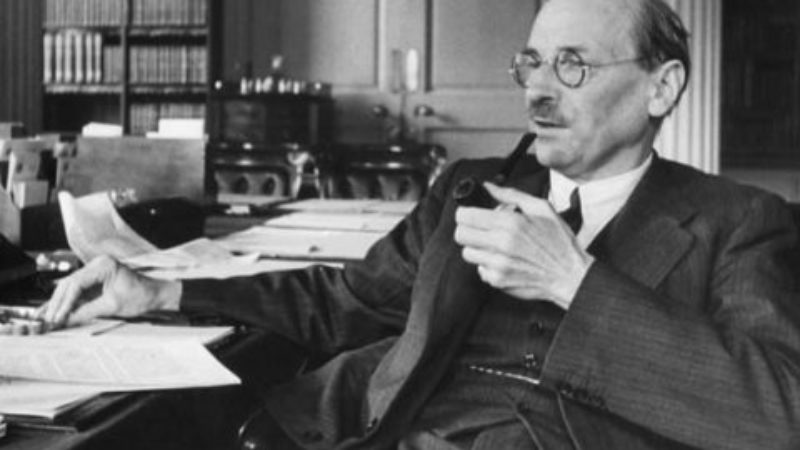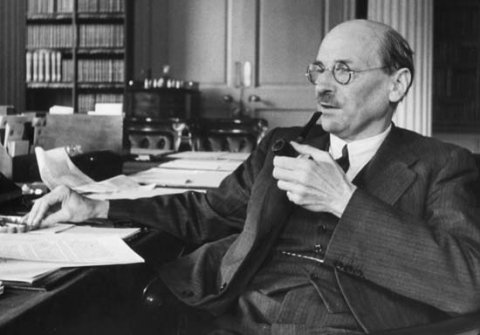

Back in 1987, Ken Livingstone wrote a book called ‘If Voting Changed Anything, They’d Abolish It’. I picked it up a couple of years ago in a charity bookshop in Tooting for £2 as an anniversary gift for my partner (don’t judge me, we’re still together) and it carries some fascinating insights into those dark Labour battles of the 1980s.
But what sticks with me most is the first page. There is a blistering attack on the “incompetence” of the 1964-70 Harold Wilson Government. Livingstone slams Wilson’s “support for the American bombing of Vietnam, racist immigration legislation, a wage freeze, cuts in the National Health Service and housing programmes, as well as anti-trade union laws”. This, he says, lost Labour huge support. “The International Socialists […], the Socialist Labour League […], and a whole range of single-issue groups such as the Campaign for Nuclear Disarmament, Shelter and the Child Poverty Action Group all gained from Labour’s loss”, asserts Ken. It was though, as always, the Tories who gained most – with a majority in the following election.
What I find so interesting is such a sharp attack on Wilson from the left. Harold Wilson is often an absent figure from the lexicon of Labour greats: not a Blair or Attlee, or even really a Benn, Gaitskell, or Brown. When people passionately leap to his defence now, it is to contend that he, and not Tony Blair, was the most successful Labour leader ever. That’s an argument that, unsurprisingly, is more often made from the left of the party.
But if the left were so dismissive of him in the 1980s, how did this happen?
As we celebrated the 70th anniversary of the great Attlee Government over the weekend – he became PM on 26th July, 1945 – it’s a question worth revisiting. There is no one in the Labour Party who would argue that Clement Attlee was not an excellent Prime Minister. But, again, it is fascinating that it is the left of the party who seem to have such ownership Attlee.
As Prime Minister, he signed the UK up to NATO, developed an independent nuclear deterrent, expelled communist entryists, removed the whip from five Labour MPs for their left wing views and, in the end, arguably lost because of an austerity Budget put together to pay for war in Korea. Nye Bevan didn’t exactly resign from that Cabinet on the basis it was too right on.
The right of the party has to consider what it conceded with New Labour. For it to work, it had to be a Year Zero moment. A break with the past. A genuinely new Labour. But this also meant essentially giving up ownership of the intellectual traditions that led to New Labour. Traditions that can be easily traced all the way back to the foundation of the party; it is easy to find the origins of New Labour in the trade unionism and socialist groups of the 1890s.
In the short term, that was probably an astute, effective and maybe even necessary move. But as the bitterness of this leadership contest bubbles up, we could be seeing the negative longer terms effects. As Labour MPs, members and supporters are accused of being “Tories” by people who claim to want to take the party back to what “it was founded to be”, conceding the history looks to have been a costly mistake. Looking back at Attlee’s great premiership, that much seems obvious.




More from LabourList
Starmer the class warrior? PM pivots focus towards ‘class divide’
FBU launches ballot on strike action in Oxfordshire over cuts to fire service
Lord Doyle has whip suspended over links to sex offender